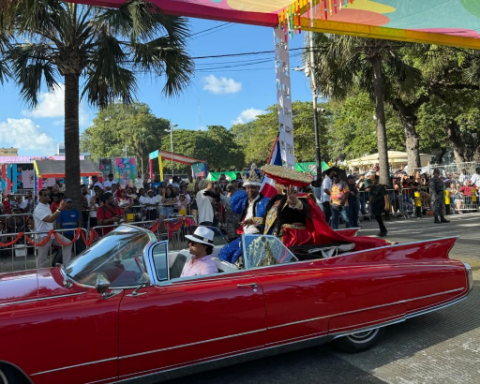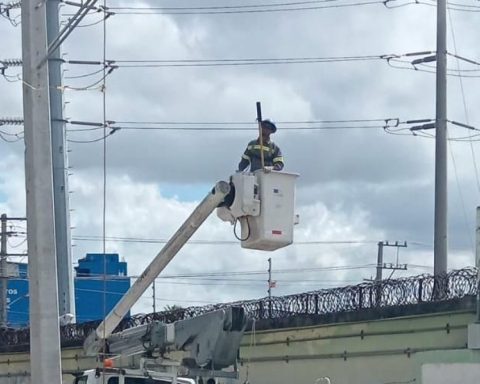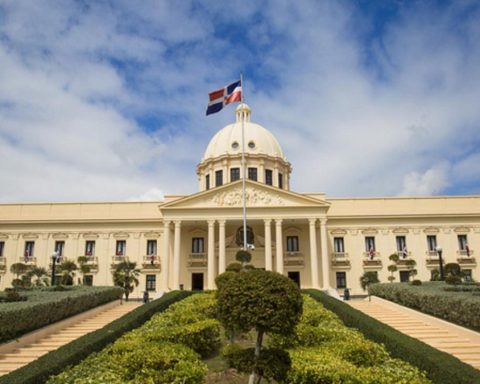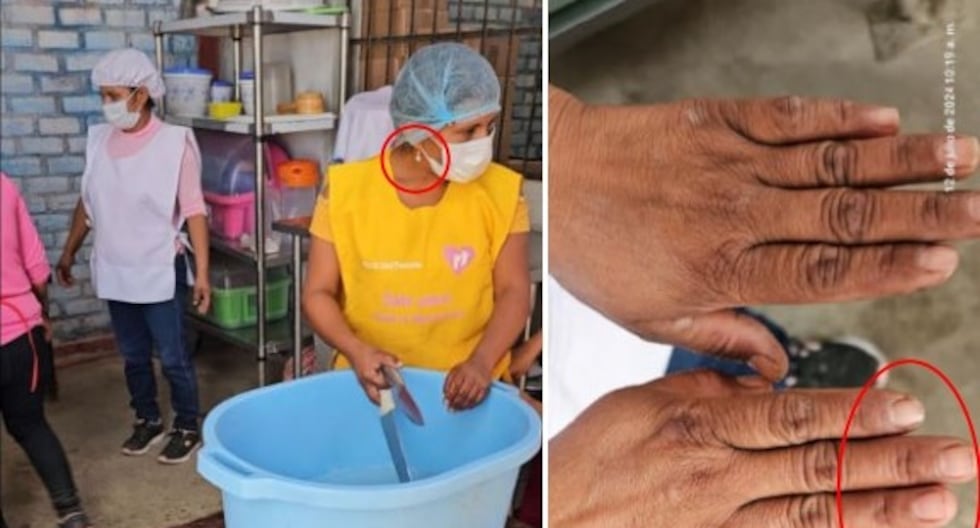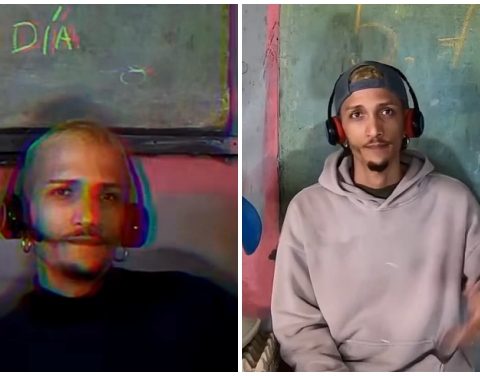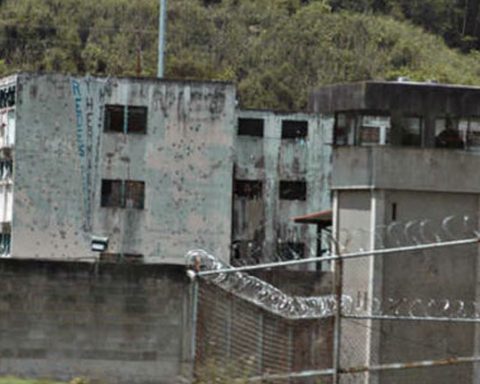The Overpopulation, overcrowded conditions, corruption, sick people and other perennial problems In the country’s prisons, these are recurring issues brought to the fore and attributed “to the system” by the same officials who are responsible for resolving them.
But if these problems are worrying for the authorities of the system, they are even more so for those who experience them firsthand; and even worse, for those who, having served the sentence imposed on them, cannot pay the fine that comes with it, and must remain behind bars.
A total of 389 people currently find themselves in this last situation in the different penitentiary facilities of the country, “despite it being an easily solved problem,” said the Director General of Prisons, Colonel Lawyer Roberto Hernandez Basilio.
He said that these fines, which range from RD$15,000 to RD$2 million, “can be commuted” by the judge enforcing the sentence, who is empowered by law to do so.
Can read: Government will launch a pilot plan for security operations in the Colonial City
The fine is replaceable
In an interview for HOY, the official said that the justice system is a chain in which police (PN), prosecutors (MP) and judges (SCJ) intervene, and that it is at Judge of Execution of Sentence who is empowered by law to “supervise the fulfillment of the sentence, the protection and compliance with the fundamental rights of those deprived of liberty”, whether they are warned or convicted.
He explained that when a person has served the sentence imposed in prison but cannot pay the fine, the law gives the judge of execution alternatives to resolve the issue.
Hernández Basilio referred to the Resolution issued by the Supreme Court of Justice (SCJ) On April 6, 2005, in Title X of which, relating to the Procedure for the execution of the fine, it states the following:
“The principle is that the fine penalty is replaceable by other alternative forms, with the conversion of the fine into deprivation of liberty being the extreme to be applied, by virtue of the statute of liberty, in accordance with Art. 15 of the Code of Criminal Procedure”.
Alternatives
The resolution adds that “in cases where the convicted person do not pay the fine imposed In the sentencing judgment within the period specified therein, he is summoned by the Judge of Enforcement to decide on the following alternatives: a) replace the fine with community service; b) request a period of time to pay it; c) deliver sufficient assets to cover it; and d) pay it in installments, in which case the judge may authorize it.”
Hernández Basilio said that once the fine is commuted, the judge issues an Order with his reasoned decision and what was agreed with the convicted person, including the release order, and sends it to the Directorate of Prisons for this to be carried out; if it is community work, specify the time, center or place where it will be carried out, and the person responsible for its supervision.
“That is the solution that has been given to the issue,” the official stressed.
Role of prison management
He said that as part of the justice system, the Prison Directorate has a “passive role” in this problem, since its responsibility is to periodically notify the SCJ, the Public Defender’s Office “and even the Ombudsman” about the issue, and it does so.
“We activate and send him; we do not have the capacity to deliberate because a person goes to prison by a reasoned decision of a judge, and leaves by the same procedure, because if not, it is not possible to enter or leave prison,” said the director of Prisons.
Hearing procedure
He reported that each Judicial District “has one or two prisons” within its jurisdiction, and a sentence execution judge, whose responsibilities include protecting the time and human rights of prisoners.
He added that since the sentencing judge keeps track of when a convicted person’s imprisonment begins and ends, “when he has served his sentence, he calls and, in a simple hearing with him (the convicted person), they determine how to commute the fine” in accordance with what the law says.
Inertia of the public defense
Hernández Basilio stressed that the majority of convicts who are in that situation are assisted by lawyers from the Public Defender’s Office, According to his understanding, “they are called to move the action before the judge executing the sentence so that the calculation is fulfilled.”
Interinstitutional Roundtables
In another order, he considered that in what has to do with the reduction of prison overcrowding, the Interinstitutional Roundtables in which the MP, the SCJ ProcDefensa Pública, the Ombudsman and other entities that work on the issue participate, have been making progress.
He highlighted that as of August 2020, there were 27,800 prisoners in the country’s prisons, and that to date there are 25,300 people deprived of liberty, for a reduction of 2,500 inmates.
He also said that there are some alternatives regarding the issue of those who remain in prison for not being able to pay the fine, but he said he was not satisfied and considered it necessary to move forward on the issue.
“We are not satisfied with how the justice system has dealt with this issue. We are part of it, and we notify the different entities that have to do with the issue, we notify them and we update them periodically on the conditions of the inmates,” said the director of Prisons.
Dominican Penitentiary System
It has a so-called “old system” made up of 23 detention centers, and a “new model” with 12 Correction and Rehabilitation Centers (CCR)for a total of 35.


